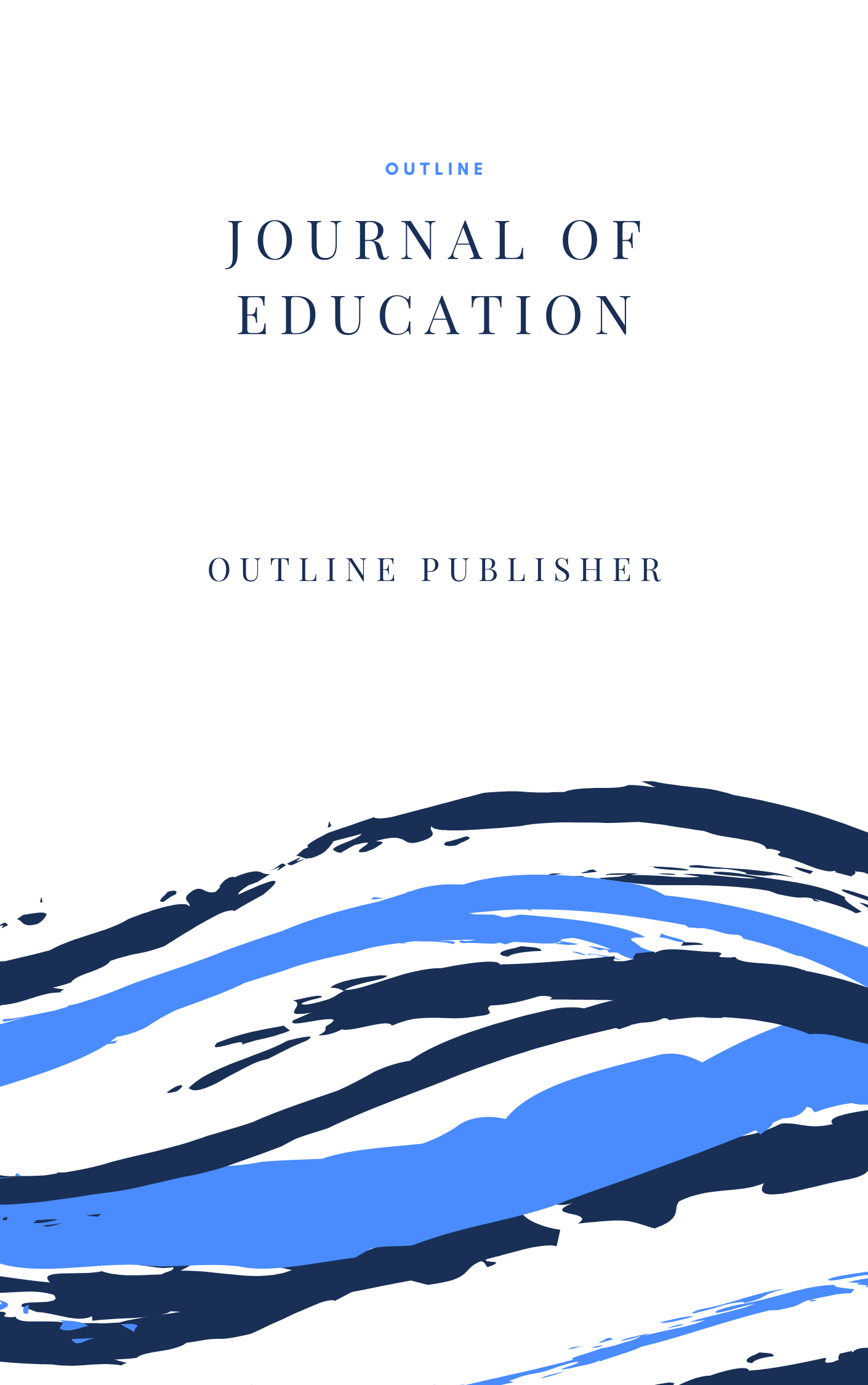Challenges and Opportunities of Using ChatGPT in Elementary School Learning: A Study of Teacher Ethics and Morals in Supporting the Independent Curriculum
DOI:
https://doi.org/10.61730/xtm78f04Keywords:
ChatGPT, Teacher Ethics and Morals, Merdeka Curriculum, Challenges and OpportunitiesAbstract
The rapid development of technology has transformed the learning paradigm in elementary schools (SD), especially through artificial intelligence (AI). The use of AI, particularly ChatGPT, offers opportunities for more interactive, personalized, and adaptive learning. This aligns well with the values of the Merdeka Curriculum, which promotes freedom of learning and the strengthening of student character. However, the use of this technology also presents challenges, particularly in terms of ethics and morality, which must be addressed by teachers as facilitators and educators in elementary schools. This study was conducted through a systematic literature review approach by gathering various recent research sources in the fields of educational ethics and morality, artificial intelligence, and educational curriculum. The results of the analysis indicate that teachers must be prepared to manage technology responsibly in order to maximize benefits and minimize risks such as technology dependence, plagiarism, and the spread of misinformation. Strengthening and enhancing the moral and ethical competence of teachers is the key to the successful integration of ChatGPT in learning that aligns with the values of the Merdeka Curriculum.
References
Maulana, M. J., Darmawan, C., & Rahmat, R. (2023). Penggunaan ChatGpt dalam tinjauan pendidikan berdasarkan perspektif etika akademik. Bhineka Tunggal Ika: Kajian Teori Dan Praktik Pendidikan PKn, 10(1), 58-66.
Nurcahyani, S. T. (2025). Pengaruh Penggunaan ChatGPT terhadap Kemampuan Berpikir Kritis pada Siswa SMA Negeri 1 Kartasura dan Mahasiswa S-1 Universitas Sebelas Maret.
Patty, J., Lekatompessy, J., & Lekatompessy, F. M. (2025). IMPLEMENTASI CHATGPT SEBAGAI ALAT BANTU PENGEMBANGAN PROFESIONALISME GURU DI SMA NEGERI 13 MALUKU BARAT DAYA. Jurnal Abdi Insani, 12(1), 263-272.CS Vo
Prathama, R., Ramadhan, M. R., & Perdana, N. J. (2024). EKSPLORASI PENGGUNAAN CHATGPT DALAM PERGURUAN TINGGI BERDASARKAN PERSPEKTIF ETIKA AKADEMIK. Jurnal Serina Sains, Teknik dan Kedokteran, 2(1), 161-176.
Restiyanita, R. F., & Herpratiwi. (2024). Tren penggunaan multimedia pembelajaran interaktif berbasis kecerdasan buatan pada siswa sekolah dasar: Kajian literatur. Didaktika, 4(4), 337-347.
Setiyanti, A. A., & Pipa, S. (2025). Implikasi Ketergantungan Siswa terhadap Penggunaan Chat GBT sebagai Alat Bantu Pembelajaran dalam Pendidikan di Era Digital. JIIP-Jurnal Ilmiah Ilmu Pendidikan, 8(3), 3481-3487.
Supriyono, A., Lesmono, A. D., & Prihandono, T. (2024). Dampak dan tantangan pemanfaatan ChatGPT dalam pembelajaran pada kurikulum merdeka: Tinjauan literatur sistematis. Jurnal Pendidikan dan Kebudayaan, 9(2), 134-152.
Suriansyah. (2023). Pemanfaatan kecerdasan buatan dalam teknologi multimedia pembelajaran: Peluang, tantangan, dan implikasi pedagogis. Universitas Muhammadiyah Palangka Raya.






















